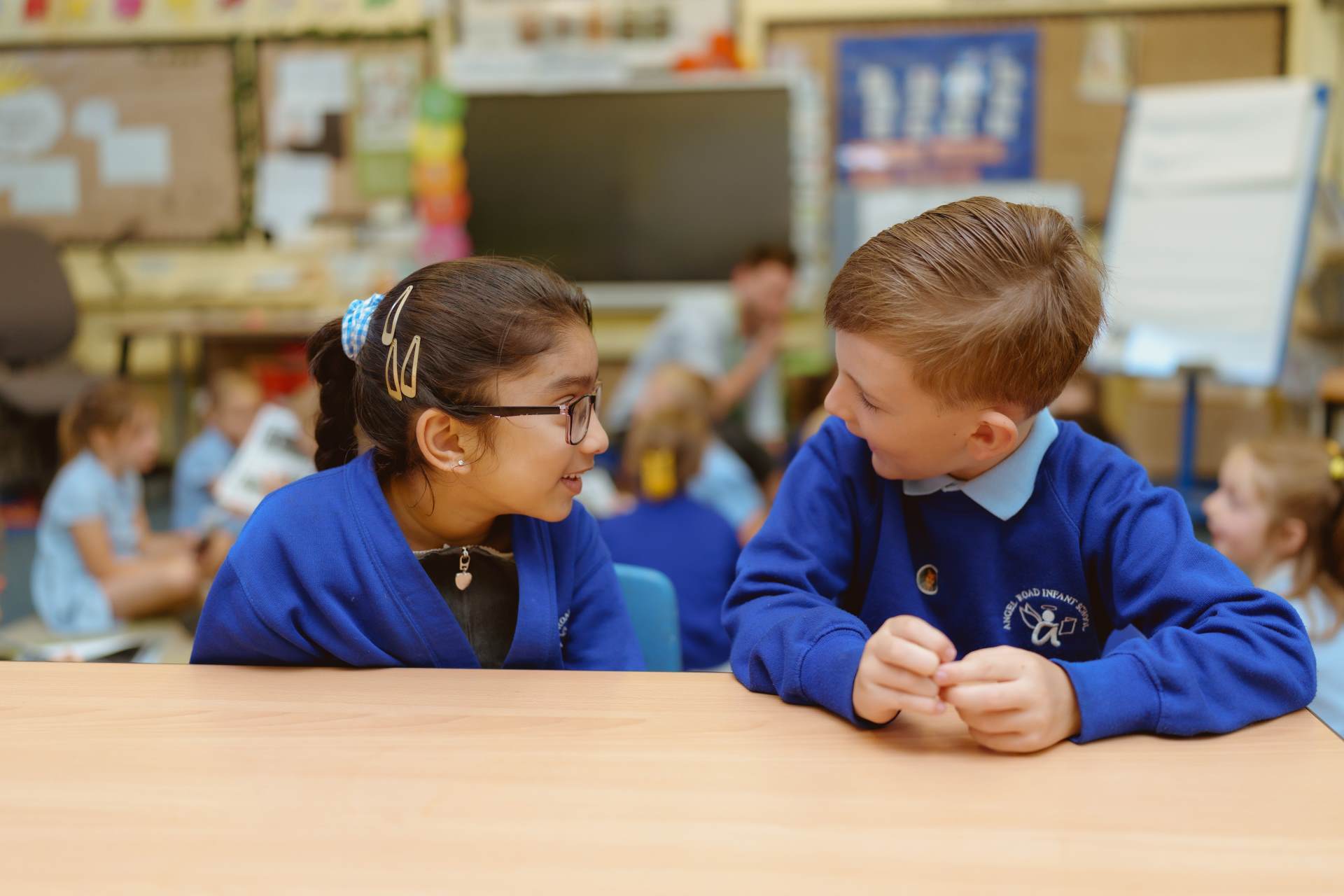Religion and World Views

The Principles of our Curriculum:
- Knowledge is valued and specified
- Knowledge is well sequenced
- Knowledge is taught to be remembered
At our schools we are committed to providing an effective, inclusive and exciting Religious Education that is taught in accordance with the Norfolk Agreed syllabus (2019). We acknowledge the importance of equipping our pupils with the necessary knowledge and skills to make a balanced view of the complex world we live in.
By delivering high quality lessons we endeavour to equip our pupils with the religious literacy promoted in the Norfolk Agreed Syllabus. In line with the syllabus, our lessons view religion through the triad of philosophy, social science and theology.
We teach RE:
- To equip children with the knowledge to enable them to make sense of our complex world.
- To develop freethinking so that our pupils can go on to be positive participants of society.
- To express ideas and insights about the nature, significance and impact of religious and non-religious worldviews through a multidisciplinary approach.
- To develop children’s communication skills, promote tolerance and informed opinion.
The big ideas in RE
- To enable children to explore their own beliefs and the beliefs of other people and other cultures.
- To understand the significance and impact of religion and other world views in society.
- To provide high quality lessons using a balance of theology, social science and philosophy.
- To promote religious literacy and use this to promote religious understanding and challenge prejudice, stereotyping and discrimination.
- Promote the spiritual, moral, cultural, mental and physical development of pupils at our schools and of society.
Our RE lessons follow the Norfolk Agreed Syllabus, 2019. As promoted in the syllabus, each topic is approached using the three lenses of philosophy, social science and theology. This three lens approach is needed as RE itself is not a single discipline subject.
Philosophy: We want to enable our children to be freethinkers and to ask ‘Big Questions’, to promote balanced and informed conversations we need to give our pupils the thinking and questioning skills.
Social Science: Religion has a large human impact. Children are living in an ever-increasing complex world. In order to promote tolerance, children need to learn about cultures other than their own and how this impacts on human lives.
Theology: Our aim is for our pupils to grow, develop and ultimately participate positively in society. Therefore, children need the knowledge of different religions, in order to ask the big philosophical questions and discover the implication of religion on a social level.
All our RE lessons are delivered in a balanced and religiously neutral environment. Staff remain sensitive to the age and views of the pupils and do not promote personal belief.
We promote a transparent and inclusive approach to teaching RE. Caregivers maintain the right to withdraw their child either in part or wholly from RE lessons however we would always encourage conversations with class teachers first.
As the RE Curriculum develops throughout the school, the impact on children’s learning will be seen through:
- Evidence of informed and balanced pupil conversations. Children will be able to consider questions, debate and answer them demonstrating clear knowledge.
- Promotion of tolerance and challenge of discrimination, stereotyping and prejudice.
- Questioning and philosophising are evident in a range of subjects.
- Evidence in Personal Development books, photographs, notes and questions asked and answered by pupils.
- A long-lasting passion for learning about world religions.
You can find our RE curriculum overview on pages 34 and 35 of the Norfolk Religious Education Agreed Syllabus 2019 (below).
Subject Documents:
Norfolk Religious Education Agreed Syllabus 2019
To see how the curriculum builds on our EYFS curriculum, see our whole school curriculum overview here.
